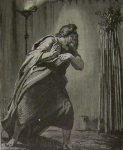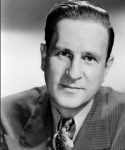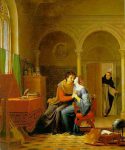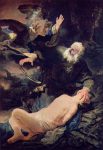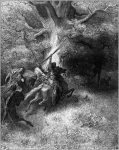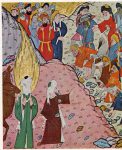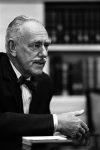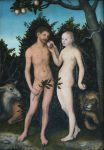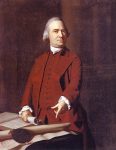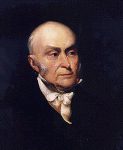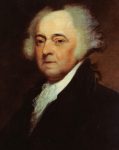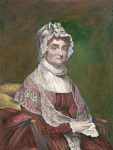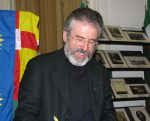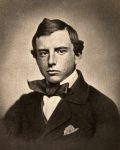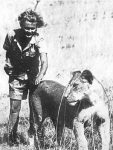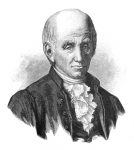Military leader. He won the Holy Land of Palestine for Islam and also opposed Ali, the founder of the Shiite branch of the religion.
Biblical Figure
Comedian (Abbot and Costello). Their work, first in Vaudeville and later in film and on radio and television, expressed the value of silliness.
Philosopher and theologian. He was famous for passionate love (Heloise), but also for reintroducing logic to Europe. At different times, both his passion and his logic led to tragic complications: he was assaulted and castrated by angry relatives of Heloise and repeatedly charged with heresy by different Church authorities.
(Early 2nd Century BCE) Biblical patriarch. He was the legendary forebear of both the Jews and the Arabs through different women. His life expressed a fervent devotion to his God and to monotheism.
Prince of Israel. The most cherished son of King David, he betrayed his father.
Muslim caliph. He became the first caliph after the prophet's death.
Lawyer and U.S. secretary of state (1949-1953). He expressed values of devotion to country and extreme personal rectitude. Some thought him the embodiment of the so-called White Anglo-Saxon Protestant (WASP).
Celebrated historian and Roman Catholic. He rejected the new doctrine of papal infallibility.
Oil well fire-fighter. He became a symbol of physical derring-do.
First man and woman in the Hebrew and Christian Bible. They combined innocence and disobedience.
Merchant, political leader, and rebel. He courageously organized the Boston Tea Party prior to the American Revolutionary War.
A seaman working for the Dutch. One of first Europeans in Japan, he was initially jailed but became a shipbuilder and samurai.
Ambassador, U.S. senator, sixth president of the United States, then Congressman. He was a vocal enemy of slavery.
U.S. president. A founding father of the United States, he exemplified honor, decency, and civility in public life.
Public figure. She took positions that would be described later as feminist, and left a rich literary record in her extensive letters.
Political rebel and the leader of the Sinn Fein, the political party closely linked to the Irish Republican Army of Northern Ireland. Some see him as a murderer and terrorist, others as an Irish patriot.
Historian and essayist. He was one of the master expositors of the related values of sense experience (using our eyes, ears, and other sense organs to take in every bit of life) and empiricism (relying on observation, including careful self-observation rather than on logic or on authority). His life and work also expressed the value of a life of contemplation rather than action (in contrast to his immediate forebears, who served as U.S. presidents, congressmen and ambassadors); of friendship and private life; of beauty and estheticism; of knowledge and discovery; and of the appreciation of complexity and paradox.
Autobiographer. She wrote about her love of wild Africa, animals, and especially lions.
Botanist. His classifications combined logic with a love of plants.

